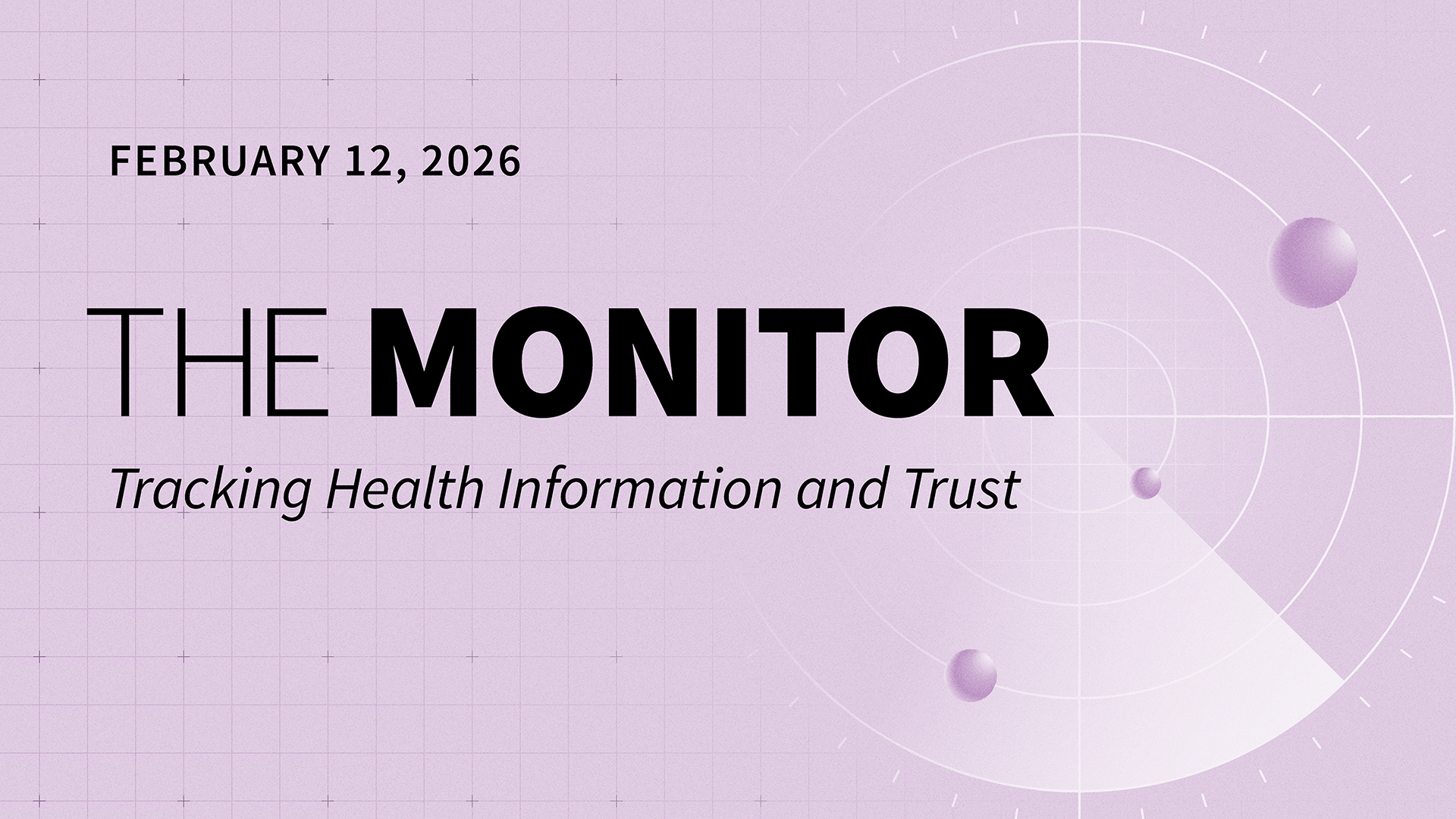The Price Transparency Rule, effective January 1, 2021, requires hospitals to provide clear and accessible pricing information about their items and services online. Although the rule is simple in theory, hospitals are finding it challenging to implement. Under the rule, hospitals can make their pricing information clear and accessible by publishing it online as a comprehensive machine-readable file (MRF) with all items and services and in a display of shoppable services in a consumer-friendly format for at least 300 shoppable services. The Centers for Medicare & Medicaid Services (CMS) states that the rule aims to “help Americans know the cost of a hospital item or service before receiving it.”
This rule represents a giant stride towards delivering much-needed and long-awaited benefits associated with price transparency. These include empowering consumers to make informed healthcare purchasing decisions based on the costs and benefits involved, enabling cost predictability and closing the information gap between providers and patients. It is also an eye-opener for consumers, preventing them from falling victim to wide price discrepancies prevalent in an opaque pricing system.
AsTricia Ibrahim-Zafari, Director of Product Management at Experian Health, states, “The requirements are meant to help patients become true consumers of healthcare.”
However, the success of the concept of price transparency hinges on hospitals adhering to and implementing the rule. Unfortunately, reports have found that hospitals have struggled with compliance since the rule was enacted. One of the reports, published in February 2024 by the Patient Rights Advocate, found that three years after the Hospital Price Transparency Rule took effect, only 34.5% (689) of the 2,000 U.S. hospital websites analyzed fully complied with the rule’s requirements.
One of the barriers to the adherence to and successful implementation of this rule is its constant and frequent evolution, making it challenging for hospitals without efficient price transparency solutions to keep up. Stricter penalties due to low compliance rates, increased public access to pricing and the challenging financial environment prohibiting flexible price changes exacerbate existing pressure on hospitals, Ibrahim-Zafari explained.
The good news is that hospitals looking to meet the transparency requirements, including the Price Transparency 2024 updates while delivering high-quality care for all, can explore Experian Health and Cleverley & Associates solutions for Price Transparency compliance. These price transparency tools in healthcare help providers comply with the Price Transparency Rule, improve price defensibility and create financial opportunities, as affirmed by Ibrahim-Zafari.
Price Transparency 2024 updates: the latest in the price transparency regulatory environment
Jamie Cleverley, President of Cleverley & Associates, emphasized that the earlier language of the Price Transparency rule is grounded in provisions of the Affordable Care Act (ACA) and displays noteworthy similarities. Both require making consumer-relevant information easily accessible for easier comparison shopping and providing insights into negotiated rates between clinicians and insurers in a machine-readable format. However, the Price Transparency rule has evolved ever since.
Since its introduction in 2021, the Price Transparency Rule has been continuously updated to better align with its intent, to adapt to the changing healthcare landscape and to encourage compliance. For example, Ibrahim-Zafari noted that in 2022, CMS increased the penalty for non-compliance with price transparency requirements from $110,000 to over $2 million a year. Additionally, the agency imposed stricter timelines for hospitals to address pricing data issues and streamlined the enforcement process.
The Price Transparency 2024 updates required to be implemented by hospitals on January 1, 2024, July 1, 2024 and January 1, 2025, fall under five broad categories: new definitions, good faith estimate and machine-readable file (MRF) attestation, standardization of the MRF format and data elements, improving access to hospital MRFs and enhancing enforcement and compliance.
Put simply, CMS established definitions for specific terms in regard to the new definitions category. Let’s delve into the remaining categories under the price transparency 2024 updates.
Good faith estimate and machine-readable file (MRF) attestation
The good faith estimate and MRF update emphasize hospital leadership’s obligation to verify the MRF content’s comprehensiveness and accuracy.
Good faith effort –Starting January 1, 2024, CMS requires every hospital to make a good faith effort to ensure that the standard charge information stored in the MRF is accurate and complete.
MRF Attestation –Starting July 1, 2024, hospitals must attest to the completeness and accuracy of the applicable standard charge information in their MRF.
Cleverley explains that the good faith effort update does not require hospitals to include any attestation on their website or in their machine-readable file. However, beginning July 1, hospitals will be required to use the CMS template for the MRF, which includes an attestation comment, where they must select true or false.
Standardization of the MRF format and data elements
CMS also introduced updates that ensure the standardization of the MRF formats and data elements across the board. Starting on July 1, 2024, hospitals must format the contents of the MRF into a specific template. This template can be in either .JSON or .CSV format. According to Cleverley, the .JSON format is digital-friendly, making it the preferred option for hospitals. The .CSV format, on the other hand, is more consumer-friendly.
Furthermore, the Price Transparency 2024 updates introduced additional required data elements, including five types of standard charges. Some of the new data elements, including “Estimated Allowed Amount,” “Drug Unit of Measurement,” “Drug Type of Measurement,” and “Modifiers,” have been stated to be implemented on January 1, 2025.
Improving access to hospital MRFs
To make hospital MRFs more accessible, CMS requires that from January 1, 2024, hospital websites must include a .txt file in the root folder containing their MRF and contact information. In addition, hospitals are required to include a “footer” at the bottom of their homepage, linking to the webpage that hosts the MRF.
Enhancing enforcement
Considering that hospitals have been slow to comply with the price transparency requirements, it’s not surprising that CMS is ramping up its enforcement efforts through four measures.
Increasing scrutiny of hospital compliance efforts – CMS is increasing scrutiny by authorizing comprehensive compliance reviews. Under the Price Transparency 2024 updates, they can also request hospitals to have an authorized official certify the accuracy and completeness of MRF data and submit additional documentation, including payer contracts, to evaluate compliance.
Acknowledging warning notices – Hospitals must confirm receiving warning notices from CMS whenever they receive such notice.
Addressing system-wide non-compliance – If CMS finds a hospital part of a health system to be non-compliant, they can notify the health system’s leadership to address potential defaults from other hospitals within the health system.
Publicizing actions and outcomes – CMS noted that it may publish information related to a hospital’s compliance assessment, including details about any actions taken and notifications sent to health system leadership.
CMS noted that it may publish information related to a hospital’s compliance assessment, including details about any actions taken and notifications sent to health system leadership.
Experian Health and Cleverley + Associates solutions for price transparency compliance
Compliance with the Hospital Price Transparency Rule is indispensable to achieving price transparency. To support providers in adhering to these rules in the best and most efficient way possible, Experian Health and Cleverley & Associates solutions to provide solutions that ensure maximum compliance while improving price defensibility and creating revenue opportunities.
Experian Health’s Patient Payment Estimates help providers compile a consumer-friendly list of shoppable service items. Cleverley & Associates provides fully compliant and comprehensive machine-readable files for the hospital’s “items and services.”
The price transparency tools in healthcare are available in two options to cater to the specific needs of healthcare organizations:
Machine-Readable File – Standard:This solution provides machine-readable files only in the standardized payer-specific negotiated charge format.
Machine-Readable File – Premium:This package provides a price transparency machine-readable file and includes consulting services to assist with price changes.
Navigating price transparency requirements in the ever-changing healthcare landscape can be daunting. However, the task becomes seamless with solutions from Experian Health and Cleverley & Associates for price transparency compliance. Healthcare organizations can now stay up to date with and meet evolving transparency rules while also improving profitability.
Watch the on-demand webinar, featuring experts from Experian Health and Cleverley & Associates, to learn more about the new updates and explore the latest developments and strategies to navigate price transparency in 2024.
Publisher: Source link









